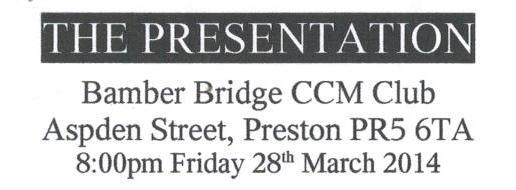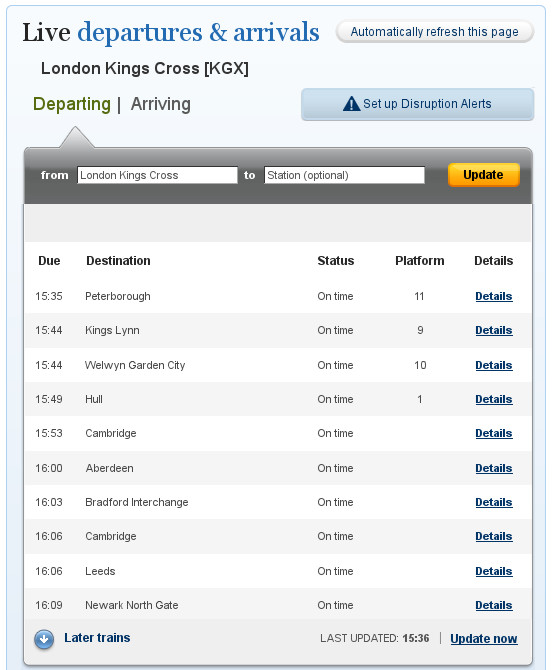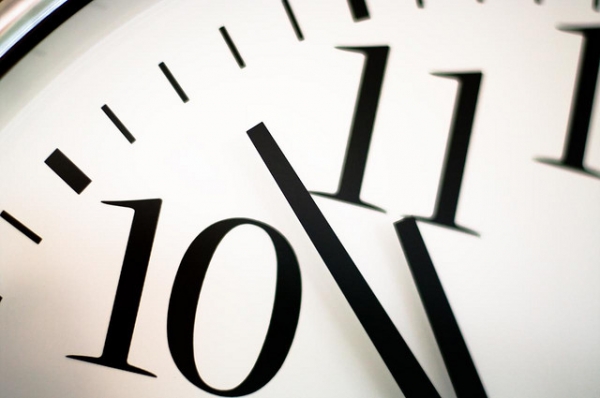Time
Time in the UK is expressed in three main forms:
Spoken form
When people speak about the time, they say

“It is nine o'clock”.

“It is ten to nine”.
Nine o'clock is short for “nine of the clock” but is never used. In early morning radio programmes, for example, you will usually hear the time spoken in this form.
Written form
If you advertise a public meeting or event you use the letters "am" to indicate if it is before midday or noon and "pm" to indicate that it is the afternoon or evening.
9.00 am means that the meeting is in the morning and 9.00 pm means that it is at night. The am is short for the Latin ante meridiem, meaning before 12 noon and pm is short for post meridiem meaning after 12 noon.

Timetables
All timetables in England are now in the 24 hour clock.
This is also used by station announcers and, for example, they say, “The train standing at platform eleven is the fifteen thirty five for Peterborough".

Time - Comprehension Questions
1. How many ways can you express time in English?
2. What do am and pm mean?
3. Which way of expressing time do station announcers use?
Time - Comprehension Questions and Answers
1. How many ways can you express time in English?
In English you can express time in three ways: the spoken form - for example "it's three o'clock" - the written form - for example "it's 3.00 pm" - the 24-hour form - for example "it's 15.00".
2. What do am and pm mean?
am means ante meridiem (morning) and pm means post meridiem (afternoon and evening)
3. Which way of expressing time do station announcers use?
They use the 24-hour form.
